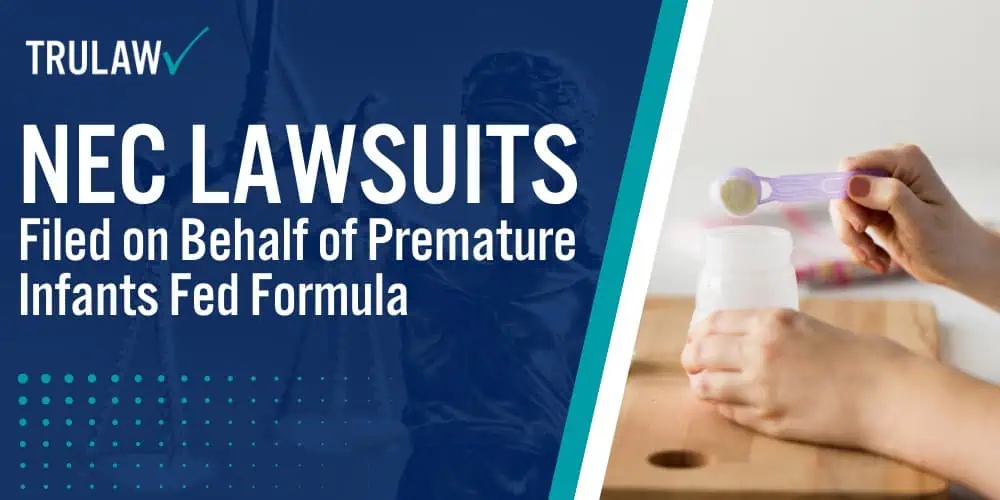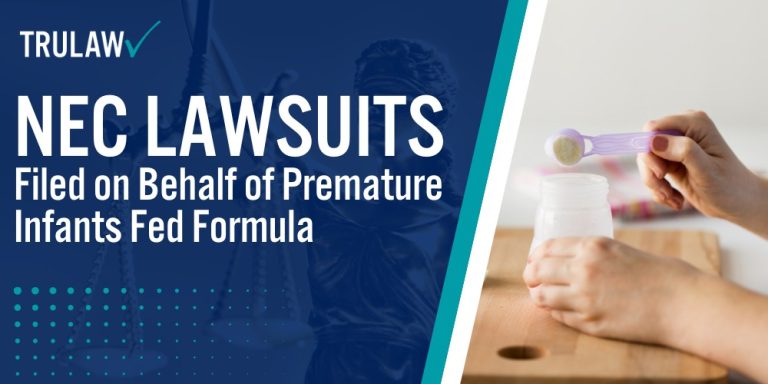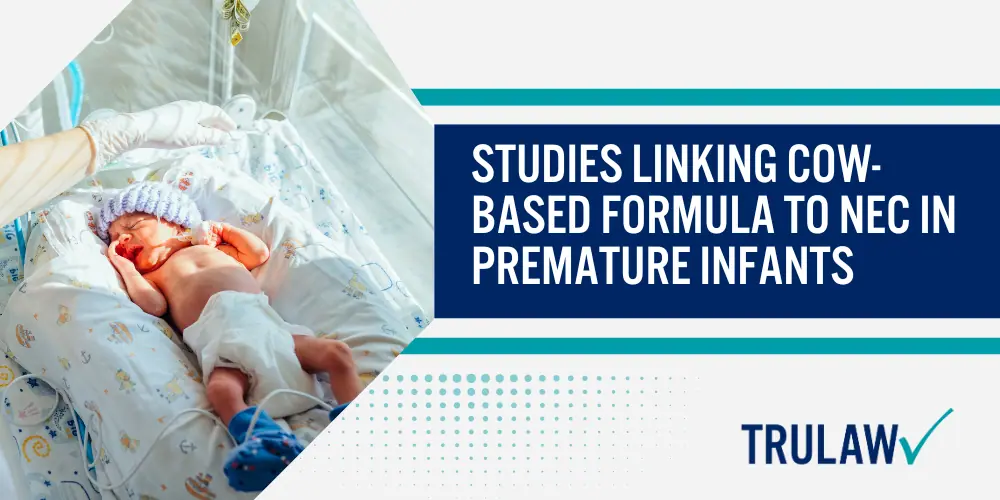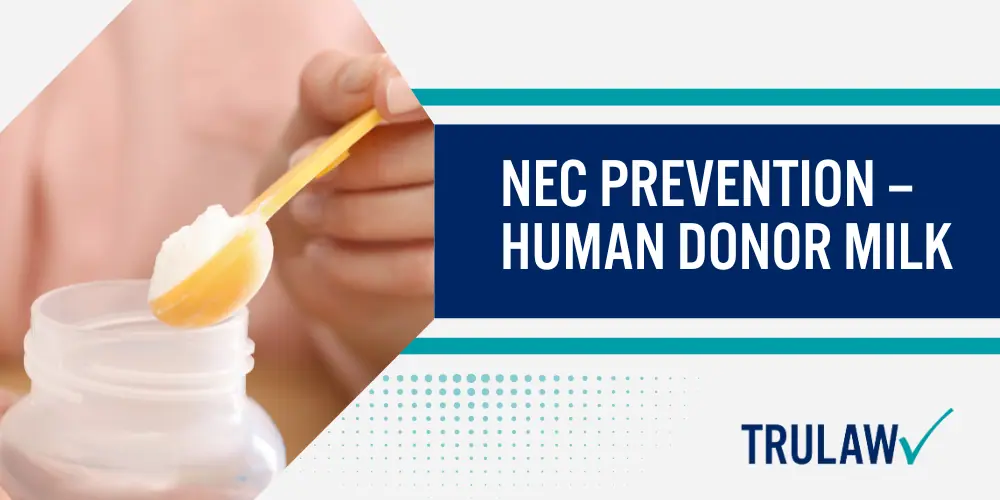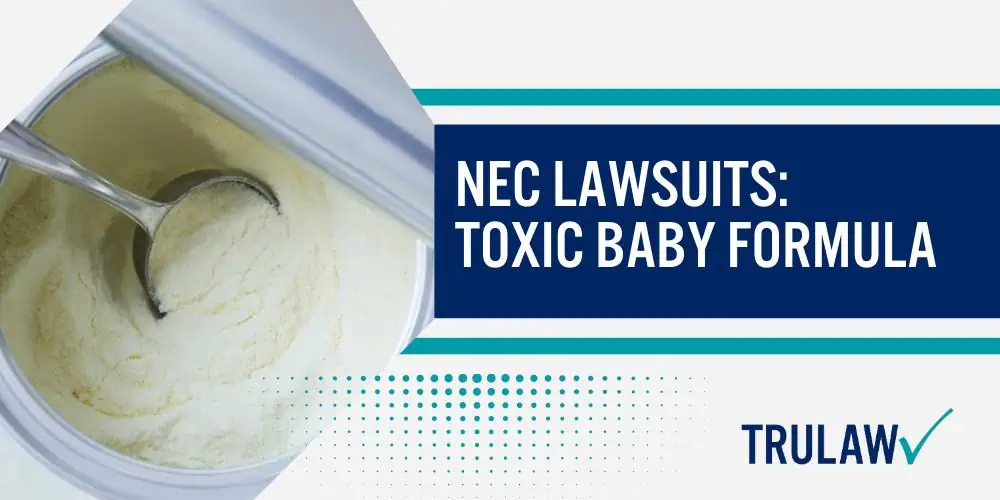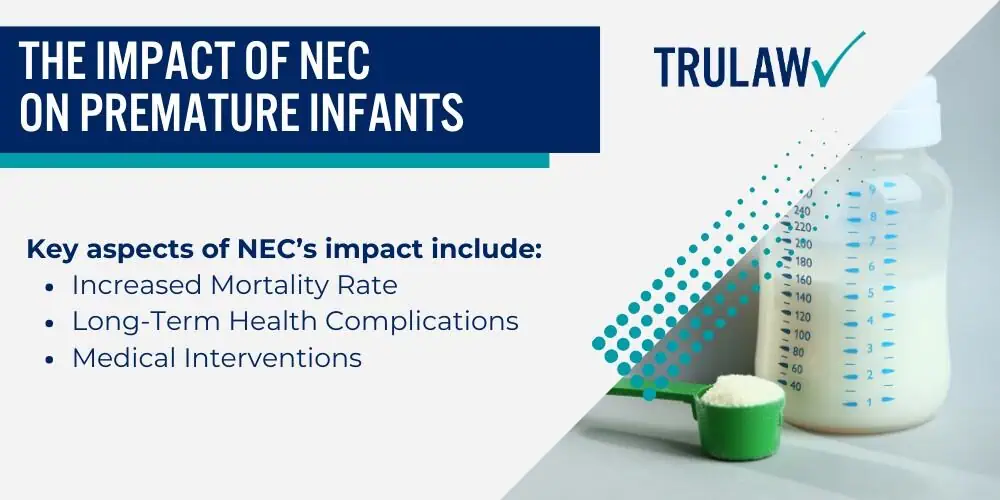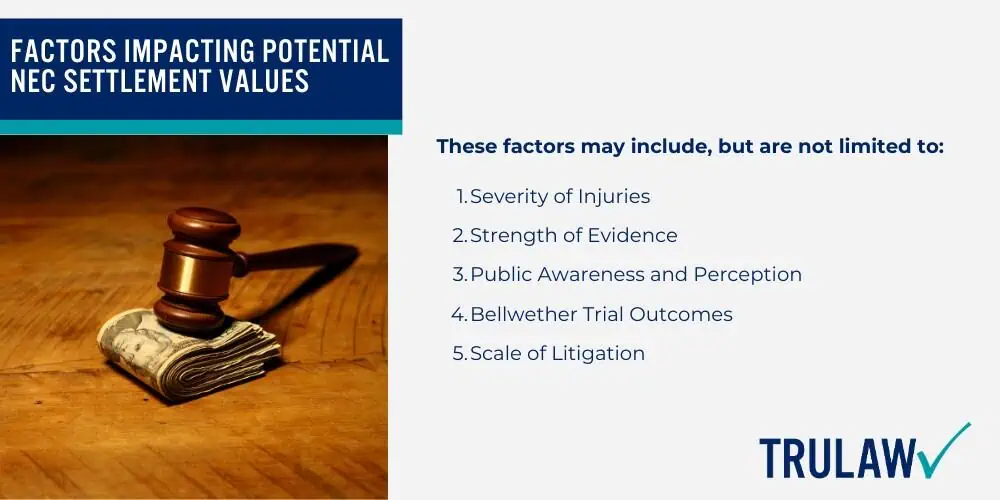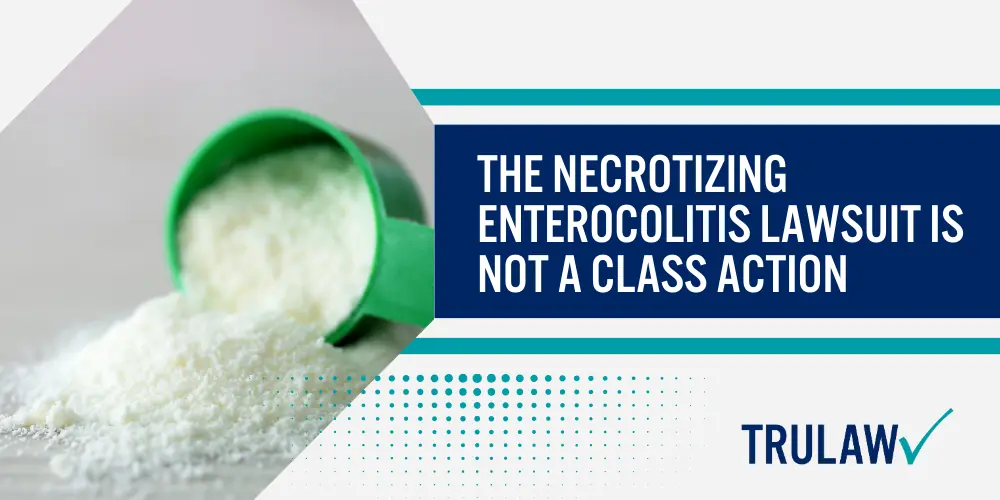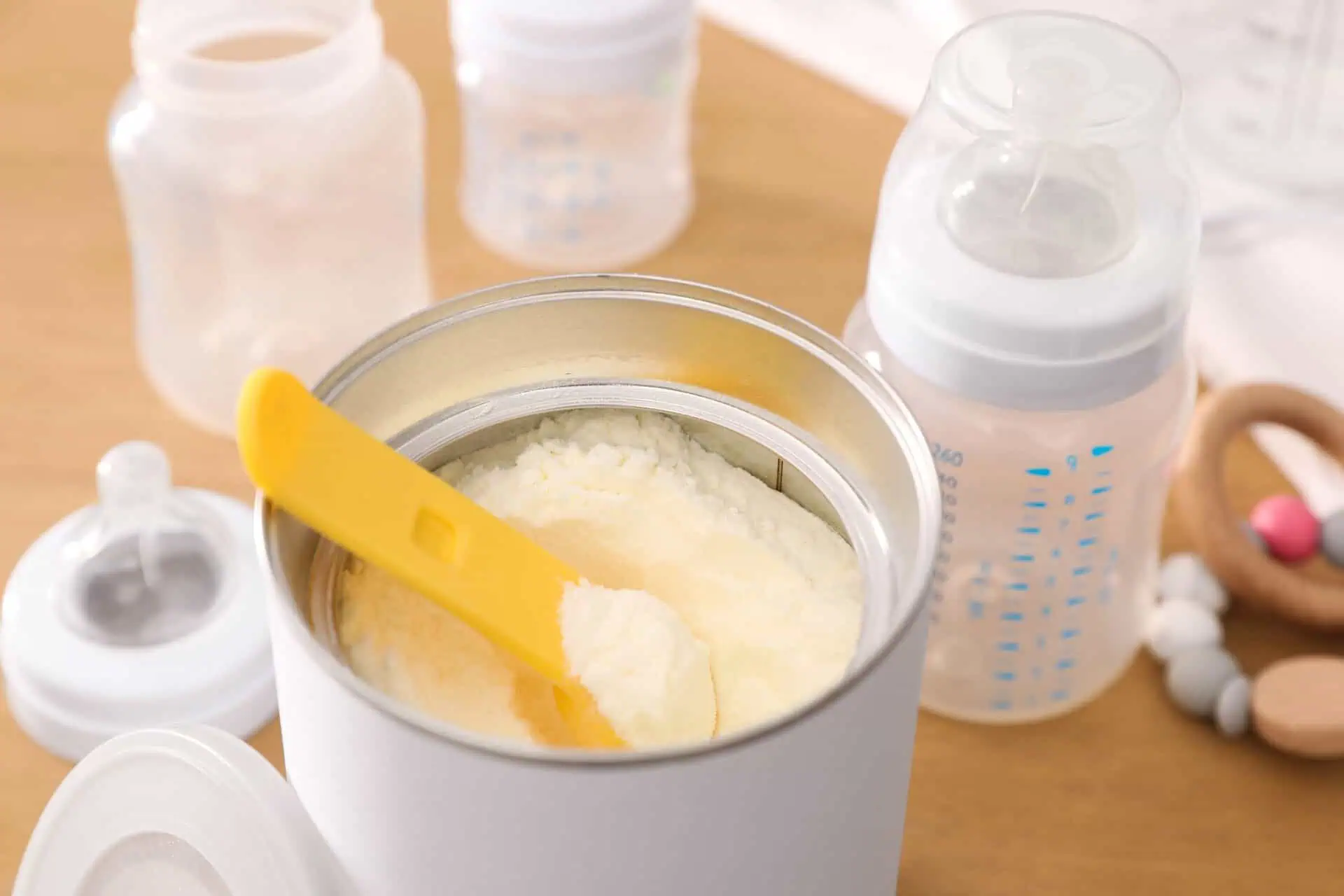Necrotizing enterocolitis (NEC) is a severe and potentially fatal gastrointestinal condition that predominantly affects premature infants.
This devastating disease causes inflammation in the intestines, leading to tissue death.
Bacteria can then infiltrate the bloodstream or abdomen through these damaged areas, significantly increasing the risk of life-threatening complications.
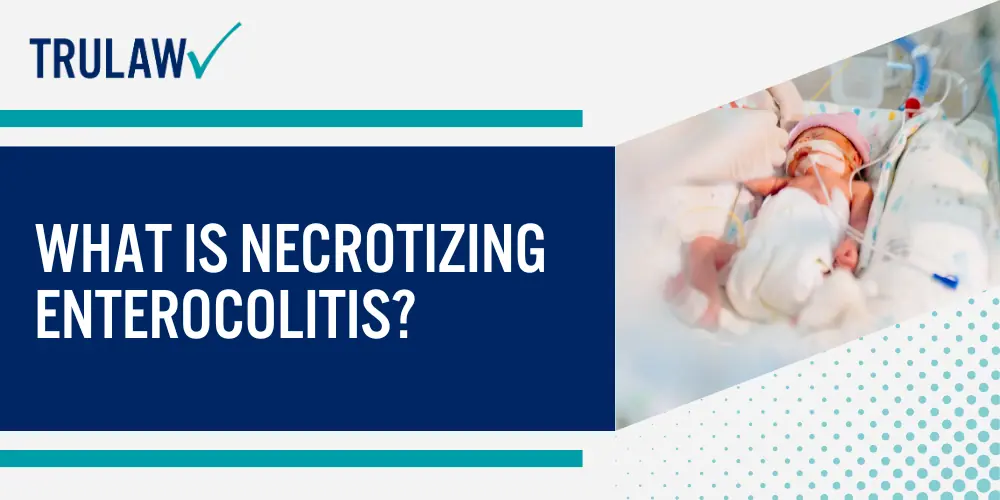
NEC typically manifests within the first two to six weeks after birth, with some infants experiencing mild symptoms, while others endure severe, life-threatening conditions.
Premature Infants in the NICU: Highest Risk for NEC
Premature infants, particularly those in Neonatal Intensive Care Units (NICU), are at the highest risk for developing NEC.
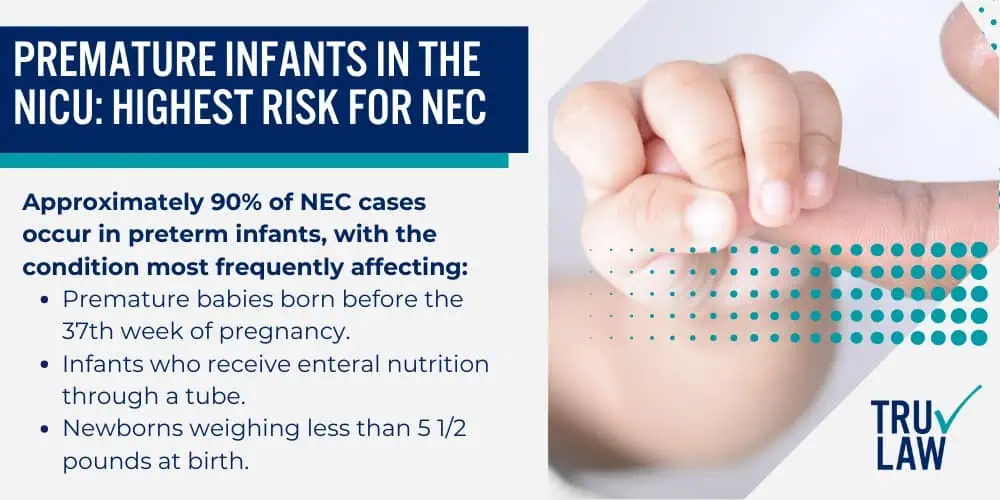
Approximately 90% of NEC cases occur in preterm infants, with the condition most frequently affecting:
- Premature babies born before the 37th week of pregnancy.
- Infants who receive enteral nutrition through a tube.
- Newborns weighing less than 5 1/2 pounds at birth.
The risk of NEC is notably higher in premature infants fed cow’s milk-based formulas, such as Enfamil or Similac, compared to those who receive human breast milk.
Scientific studies have consistently shown that the immature digestive systems of preterm infants are less capable of processing the proteins found in cow’s milk, which can trigger inflammation and increase the likelihood of NEC.
Diagnosing NEC in Premature Infants
NEC is diagnosed very early through a blood test, fecal test or X-ray.
It is also the most common cause of death in hospitalized premature infants more than 2 weeks old.
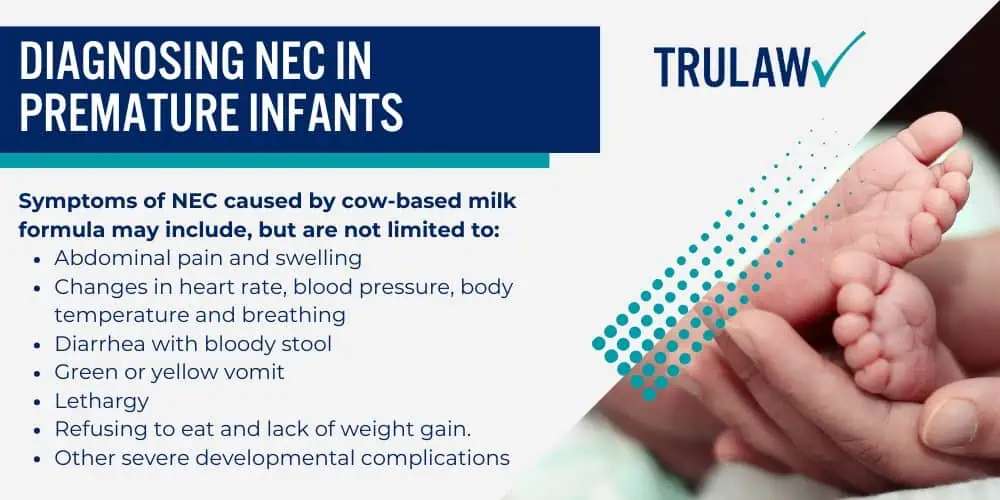
Symptoms of NEC caused by cow-based milk formula may include, but are not limited to:
- Abdominal pain and swelling
- Changes in heart rate, blood pressure, body temperature and breathing
- Diarrhea with bloody stool
- Green or yellow vomit
- Lethargy
- Refusing to eat and lack of weight gain.
- Other severe developmental complications
The ongoing litigation has seen substantial verdicts, including a $495 million award against Abbott Laboratories, highlighting the severity of the allegations.
These cases continue to emphasize the need for safer feeding practices in the care of premature infants and accountability from formula manufacturers.
